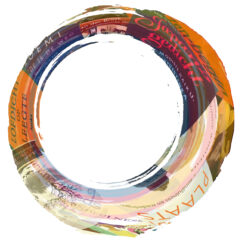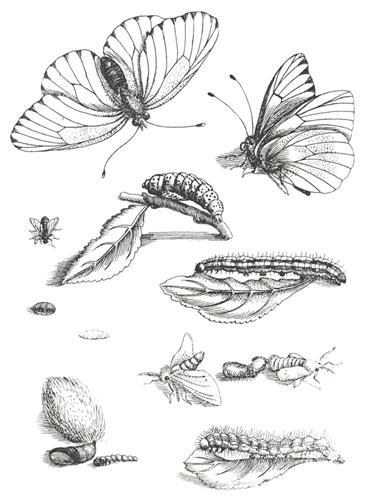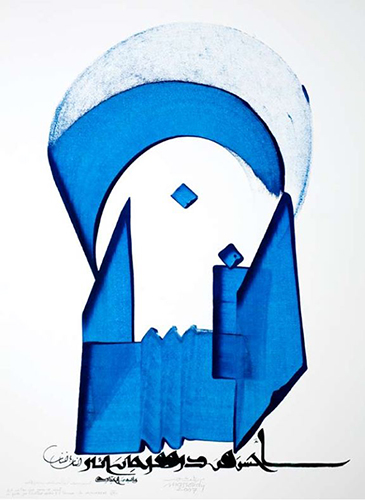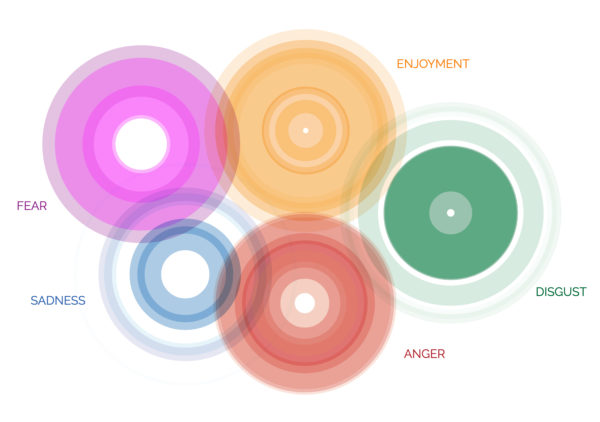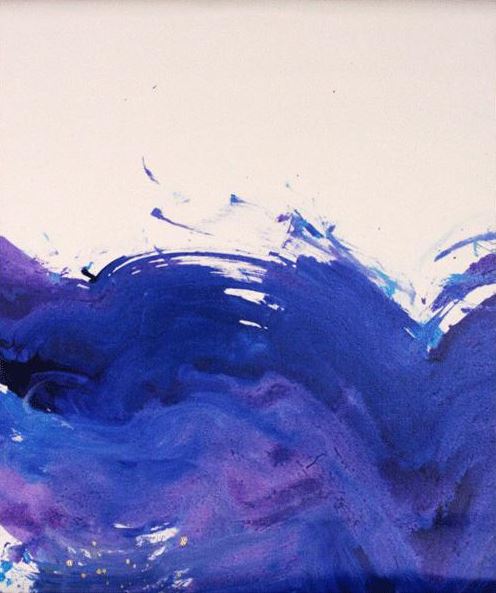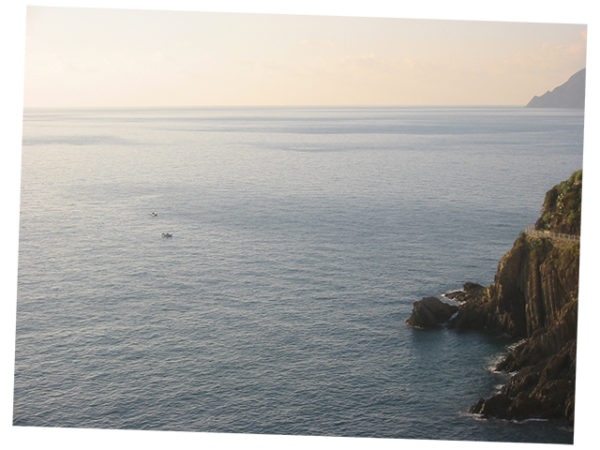Iemand die de verantwoordelijkheid voor zijn beslissingen aanvaardt, is in een positie om een grote verandering in zijn leven te verwezenlijken … Als we onszelf als slachtoffer beschouwen van de condities die anderen ons opleggen, zitten we in een hinderlaag. Er is geen manier om onze situatie te verbeteren door anderen te veranderen of het verleden ongedaan te maken. Hoe kunnen we denken dat we anderen kunnen beheersen en tot verandering aanzetten, wanneer we zelfs niet onze eigen geest besturen?
Als we echter de verantwoordelijkheid voor onze beslissingen nemen – zelfs die we namen toen we jong en onwetend waren, zelfs als deze beslissingen gemaakt werden in minder dan optimale omstandigheden of ten gevolge van dwang of manipulatie door anderen – dan geven we onszelf de kracht tot verandering. We houden ermee op vast te raken aan het verleden en in plaats daarvan vergeven we onszelf en anderen. We leren van onze fouten en beginnen andere mogelijkheden te overwegen voor onze huidige gewoonten en gedragspatronen. We beginnen met onze eigen geest te werken, we brengen zijn fantastische kwaliteiten voort zoals liefde, mededogen en wijsheid.
Laten we het proberen!
